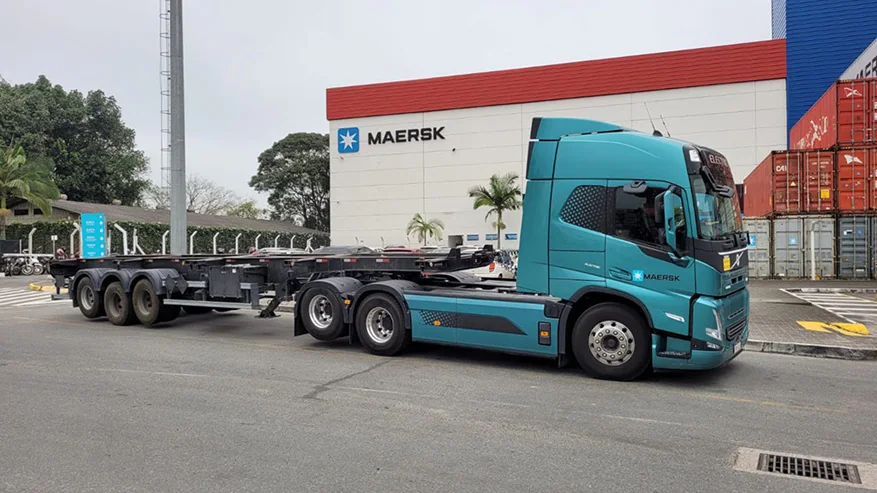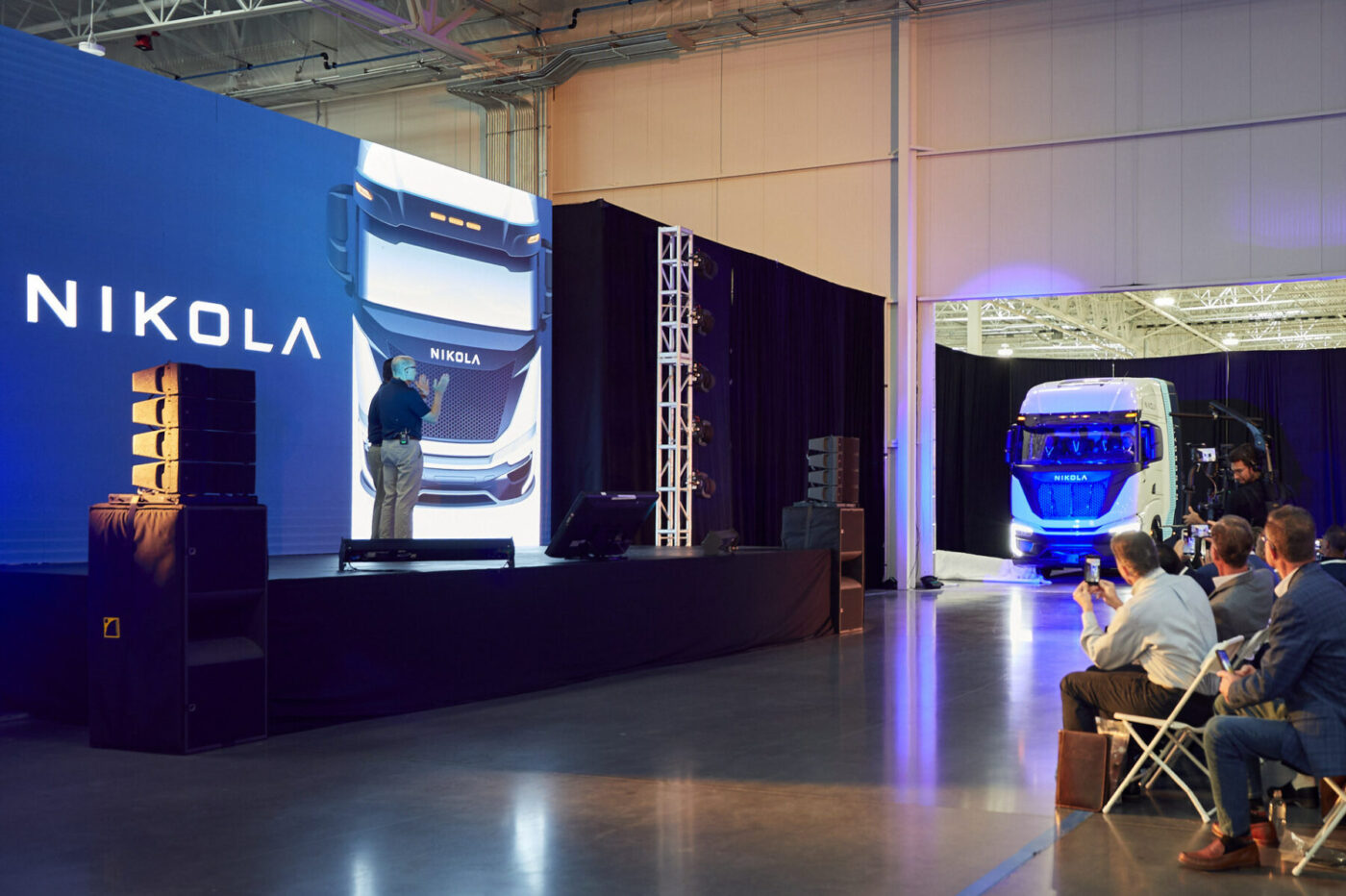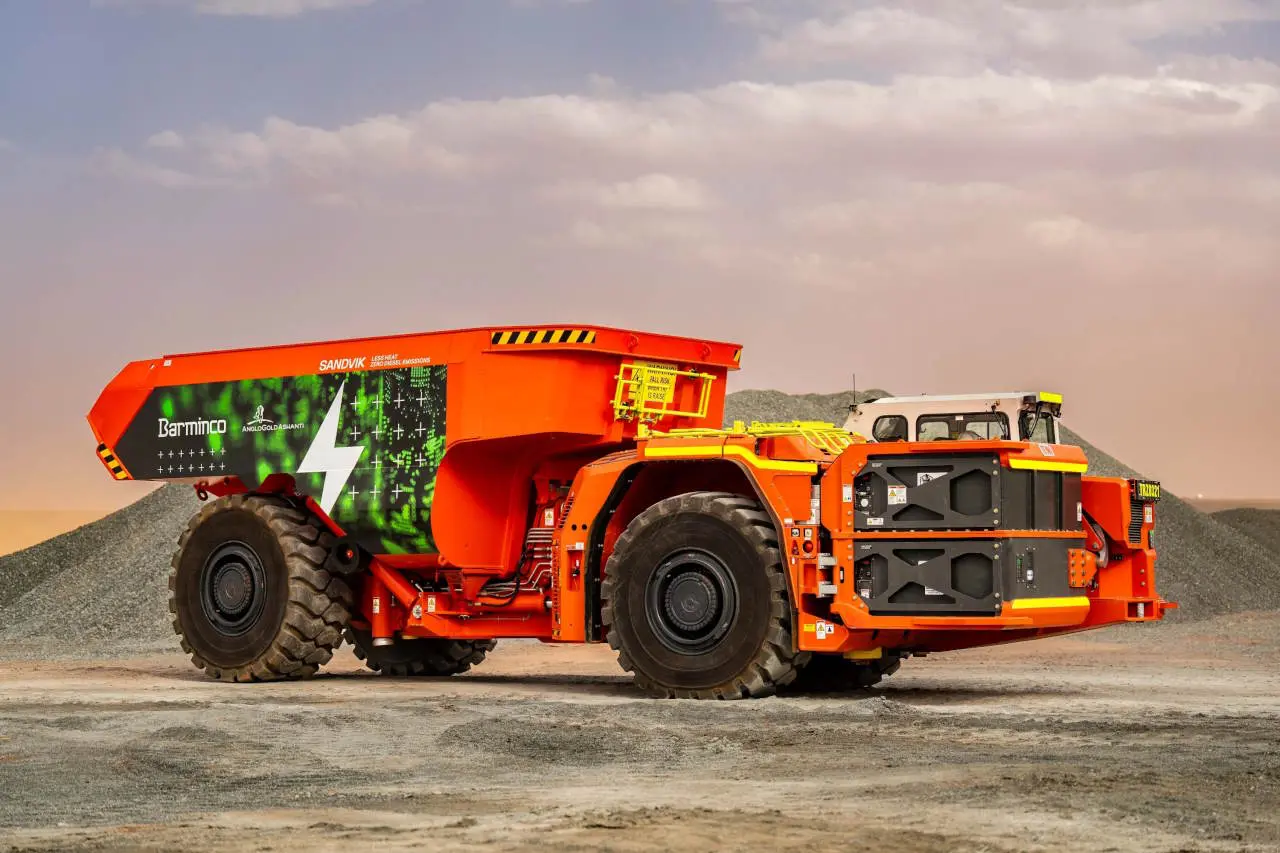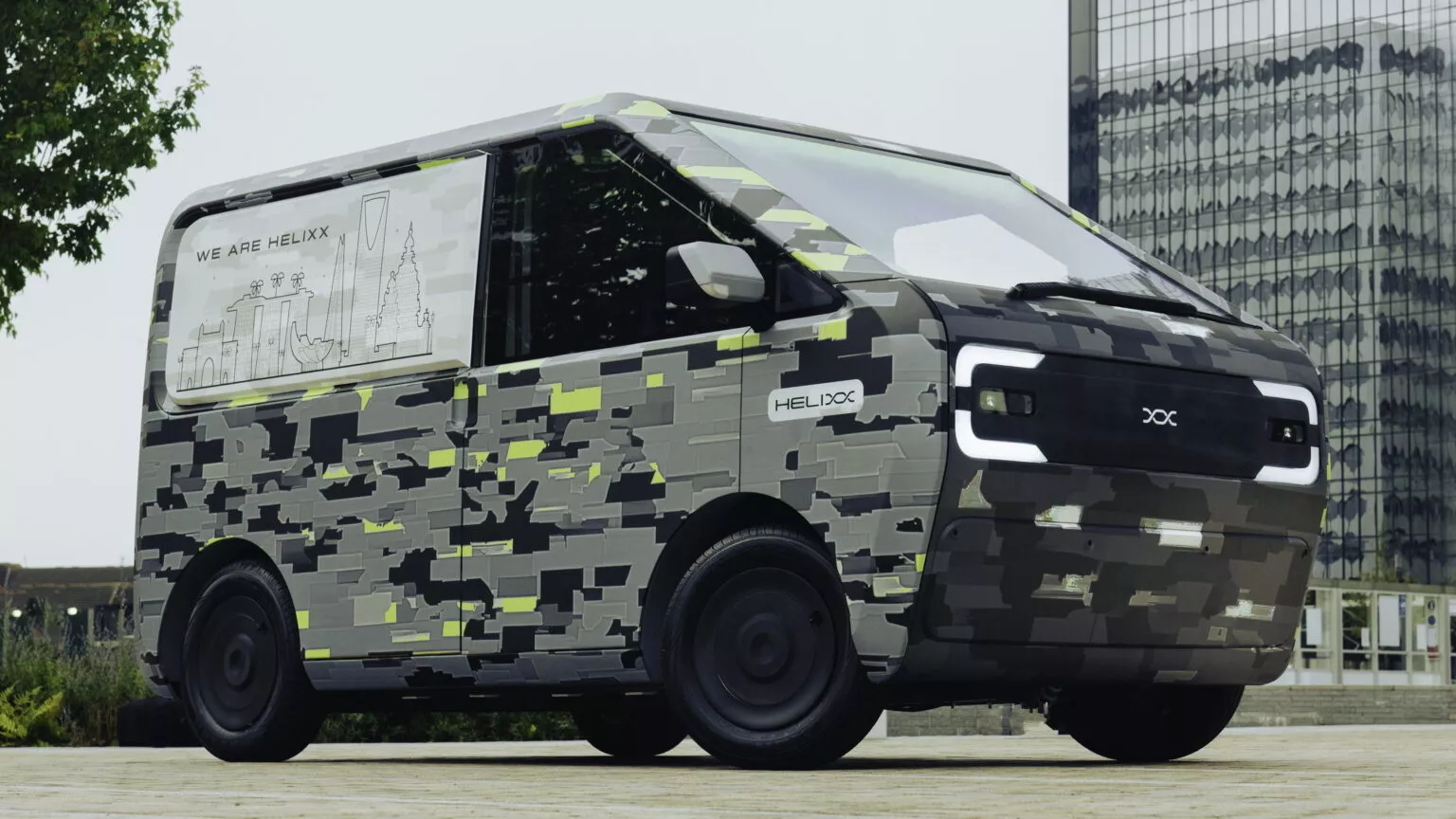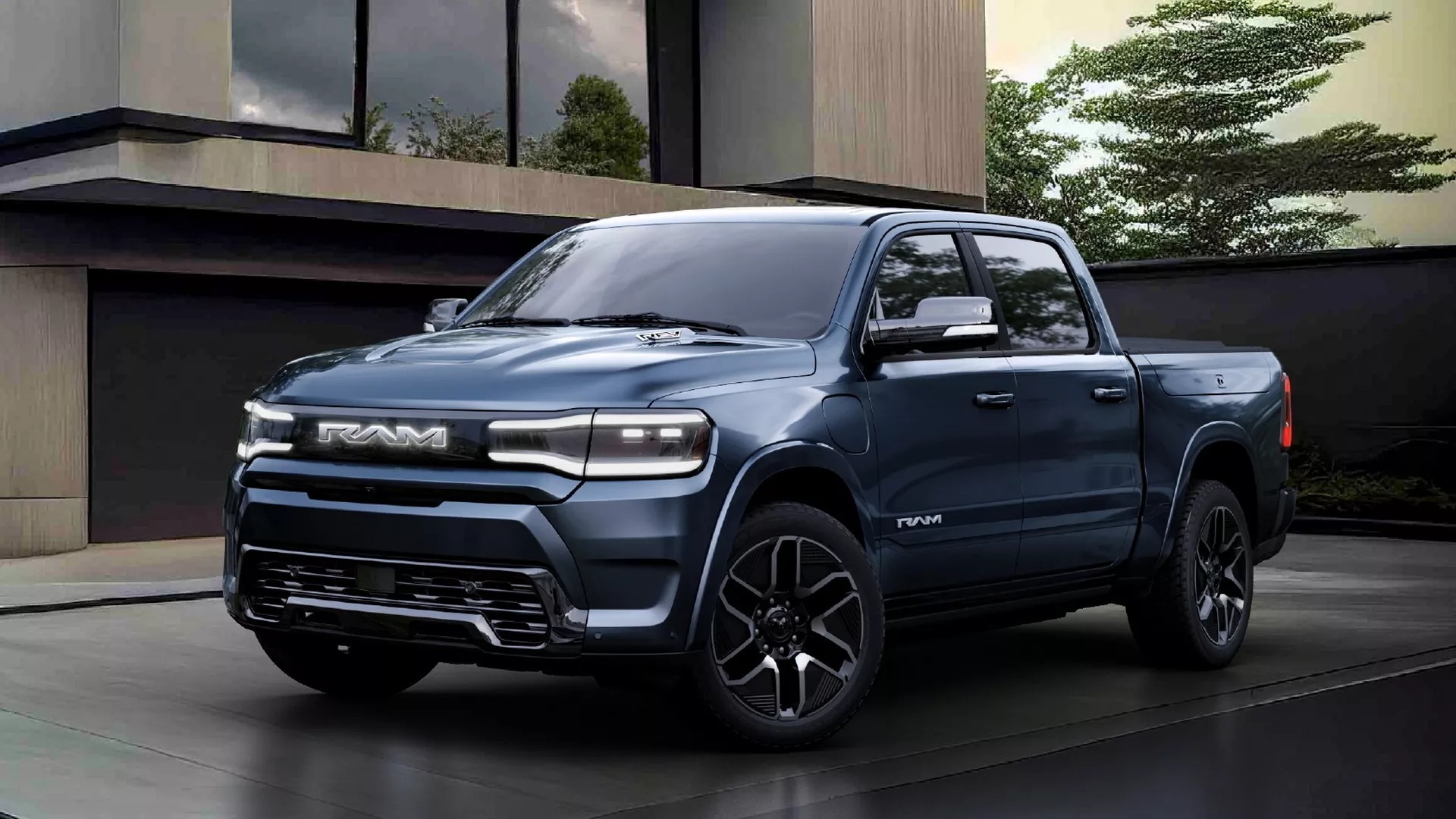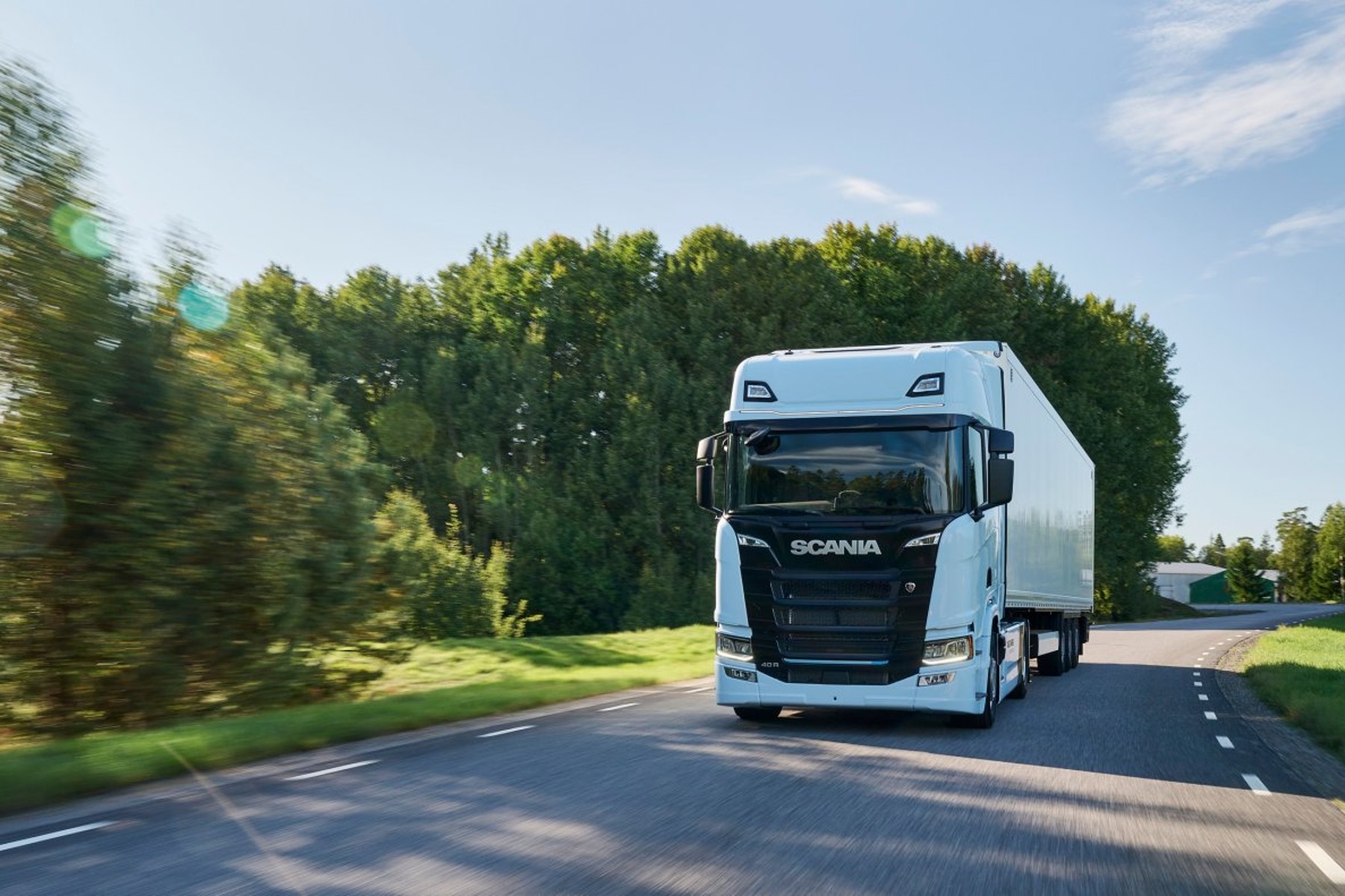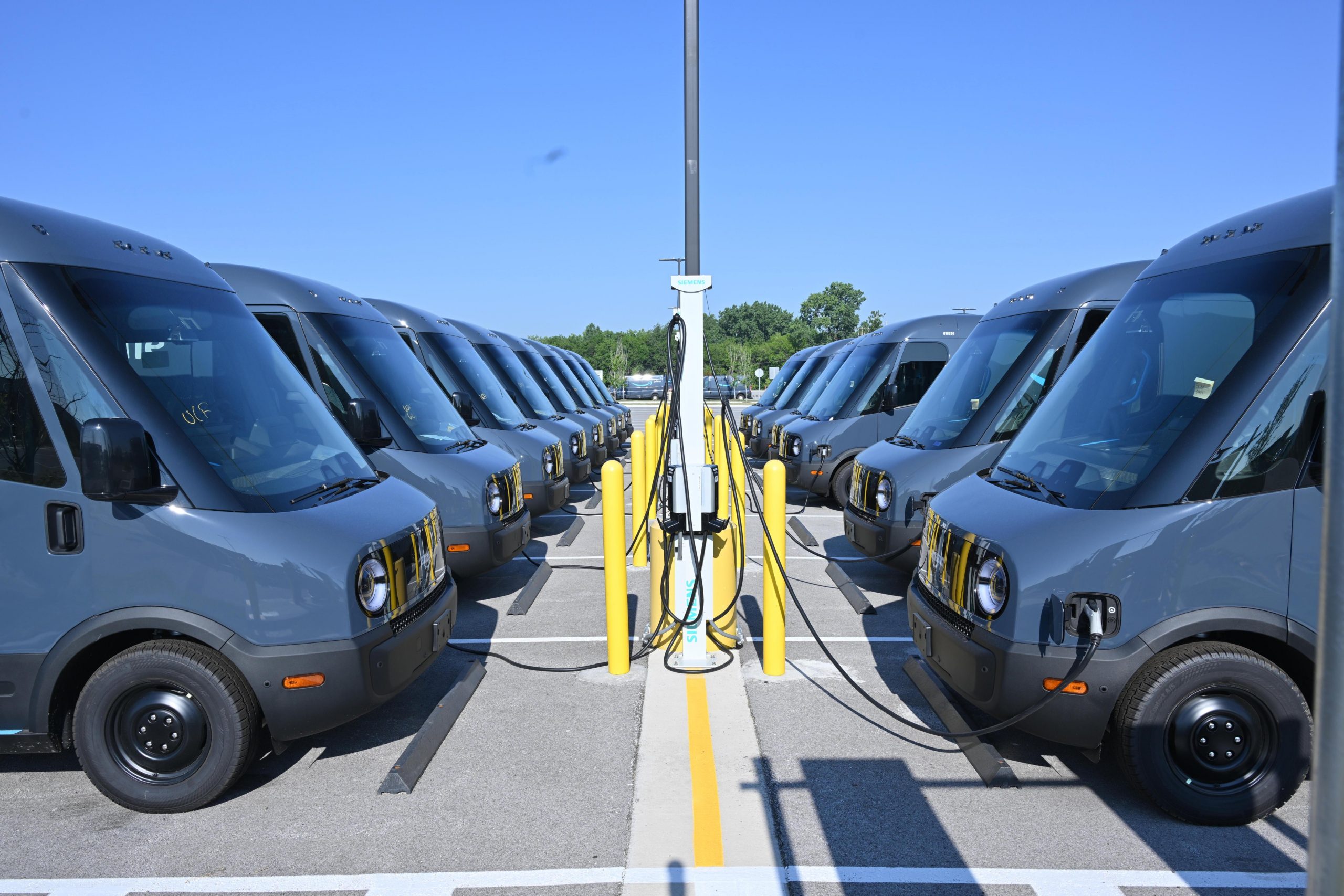Maersk has conducted two pivotal pilots aimed at providing electric truck capabilities to its customers in Brazil. These two-week trials employed heavy-duty tractor units designed to facilitate the transportation of containers, a critical component of Maersk’s logistics operations.
The trials, conducted in partnership with two different electric truck manufacturers in Brazil, were strategically located in the metropolitan region of São Paulo and the state of Santa Catarina. The São Paulo trial spanned 100 kilometers between Barueri, Barra Funda, São Bernardo do Campo (including a charging station), while the Santa Catarina trial covered a 230-kilometer round trip between Itapoa and Araquari.
The importance of intermodal connectivity cannot be overstated when linking Brazil’s vast population with the influx and outflow of goods through its ports. With approximately 60% of Brazilians residing within 200 kilometers of the coast, cabotage, or coastal shipping, plays a vital role. However, ensuring seamless end-to-end logistics integration necessitates the harmonization of rail, trucking, and distribution centers. With the escalating demand for landside transport capacity, it becomes imperative to offer sustainable solutions for these crucial transportation modes in the region.
Karin Schoner, Managing Director for the East Coast of South America at Maersk, underscored the company’s commitment, stating, “In Brazil, we are building a comprehensive network with the goal of seamlessly integrating the entire logistics process for our customers and reducing emissions. Our evaluation of sustainable alternatives, including electrified heavy trucking, in a region where such options are limited, provides us with valuable insights to drive tangible progress toward our 2040 net-zero commitment.”
To support these pilots, Maersk installed electric charging stations within its operational areas, ensuring the feasibility of night-time charging. However, the success of logistics facilities and land transportation relying on renewable electricity hinges on factors such as local infrastructure investments and regulatory support, which can be challenging to secure in certain contexts.
In pursuit of achieving climate-neutral landside transportation solutions by 2040, Maersk has made electrification in heavy-duty trucking a top priority. This endeavor is being undertaken in collaboration with customers, leveraging 100% renewable electricity sources. Simultaneously, Maersk is diligently identifying opportunities for one-time emissions reduction through modal shifts.
Alexis Rodriguez, Head of Energy Transition Execution for Latin America at Maersk, emphasized the broader implications of these trials: “This pilot will facilitate the test and development of sustainable solutions for our customers, helping them fulfill their environmental and ESG objectives. In our journey to become net-zero by 2040, Maersk will continue to seek sustainable solutions in Latin America, meeting the growing demand from our customers for cleaner end-to-end integrated logistics while fulfilling our own decarbonization commitments.”
See also: Volvo Trucks receives order for 110 Volvo VNR Electric trucks from Maersk
The impetus for more sustainable business practices is resonating strongly with both consumers and customers alike. Notably, over half of Maersk’s top 200 customers have already committed to the UN Global Compact, which advocates for support of the 17 Sustainable Development Goals by 2030. Moreover, two-thirds of these customers have established net-zero or science-based targets.
To address the need for end-to-end sustainable logistics solutions, Maersk is actively exploring opportunities in regions where infrastructure for emissions reduction on land is not readily available. The ongoing evaluation of pilot results in Brazil will determine the scalability of integrating these solutions into the region’s product portfolio, ultimately providing customers with a broader array of sustainable transportation options.

